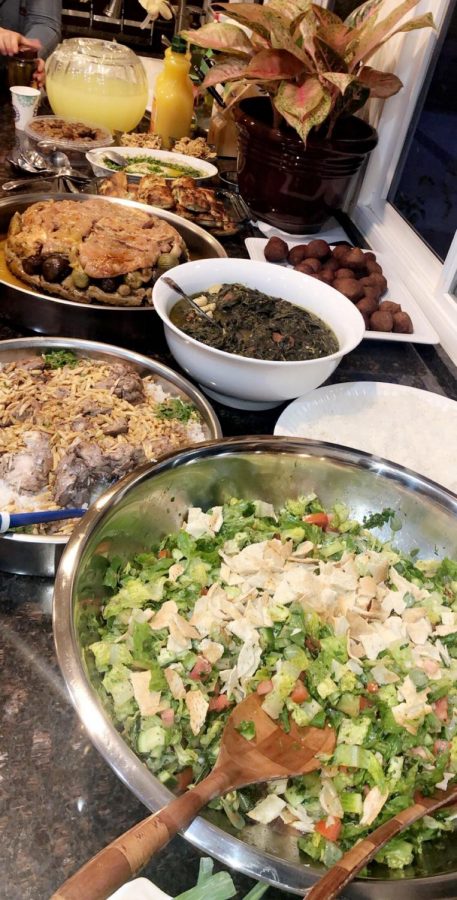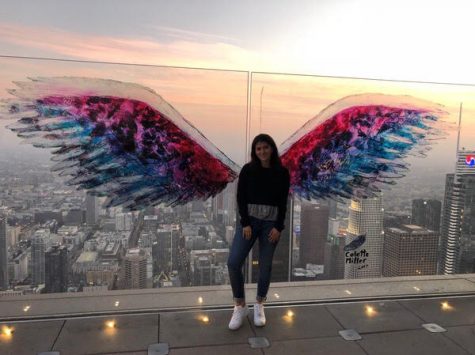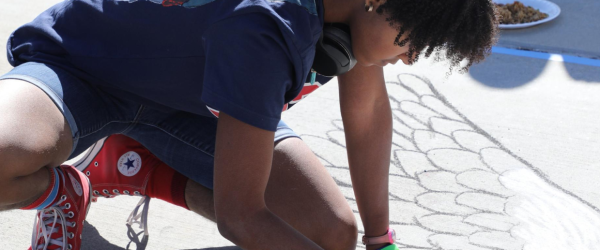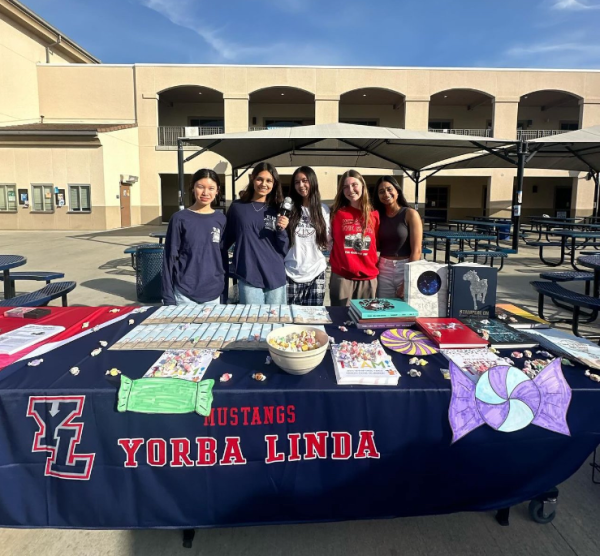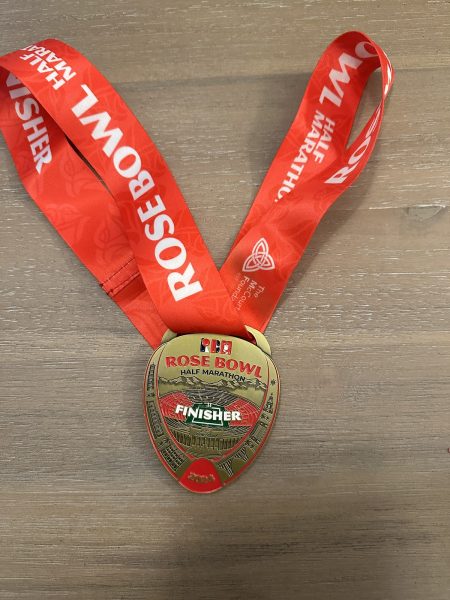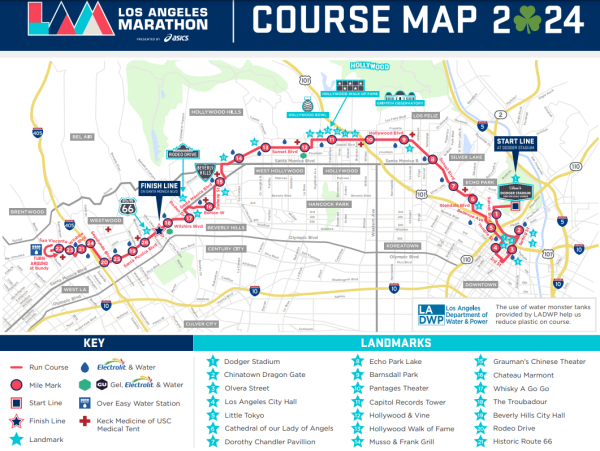All About Ramadan
June 5, 2019
Have you ever heard one say “Ramadan Mubarak?” It is a way to congratulate others for the start of the month of Ramadan. Ramadan is a holy month in the Islamic faith where millions of Muslims fast the entire month from sunrise to sunset. It is based on a lunar calendar, which means it changes each year according to the traditional calendar. The sighting of the crescent shaped moon marks the beginning the month. This year, the holy month of Ramadan began on May 6, 2019.
Many people wonder how there is any benefit from being deprived from food and water for so long. First of all, fasting brings the faithful closer to God and reminds them of those who are less fortunate and do not have all the opportunities many others have. In addition, fasting is a way of physically and spiritually detoxifying the body and mind as well as practicing self control. In the religion of Islam, there are five pillars that are necessary to complete. These include declaration of faith, pilgrimage, prayer, fasting, and helping others in need. Therefore, as a Muslim, it is required to fast with a few exceptions. Several people are excused from fasting including children, the elderly, the sick, travelers, women who are pregnant, and women who are menstruating. Fasting isn’t just about being deprived from water and food, but also refraining from sexual activity, cussing, and gossiping. While fasting, it is important to take the time to focus on prayer and read the Quran.
To prepare for fasting, Muslims wake up before sunrise, or fajr, and consume a meal to power them through the day. Then when it is time to break the fast, families gather around to eat iftar, or breakfast together. Traditionally, Muslims follow the Prophet Muhammad’s way of breaking their fast by drinking a glass of water and eating a date in order to be giving the stomach time to digest and praying the Maghrib prayer. Finally, it is the time all Muslims have been looking forward to the whole day: the feast! Depending on the culture, there are many “Ramadan foods” that are usually prepared. In the arab culture, the meal consists of foods that are lighter on the stomach like lentil soup, salad, cheese pies, and a yogurt based dish called “fatteh.” Usually after, it is ended with fruit, tea, and some kind of desert.
The month is a time to focus on another pillar: prayer. After breaking the fast with the family, Muslims gather around nightly at the mosque or at home to pray salat al taraweeh. It is an additional prayer only completed in the month of Ramadan where a series of prayers reciting around a chapter from the Quran. It normally takes a little bit more than an hour to complete.
Adnan Jijakli (9) looks forward to going to this prayer whenever he has the chance because “even though having to stay up makes it more difficult to wake up for school, the prayer spiritually lifts [him] up and gives [him] peace.” Marking the end of the thirty days of Ramadan comes Eid al Fitr. It is a three day celebration starting off with a prayer, and then is followed by another day with the family and kids getting new clothes and gifts. Muslims also give to charity, or zakat al fitr for those in need. Clearly, it is a beautiful month filled with many beautiful traditions.


